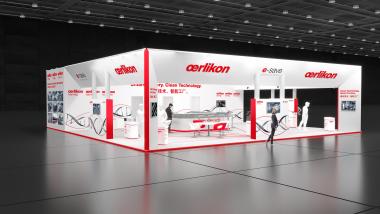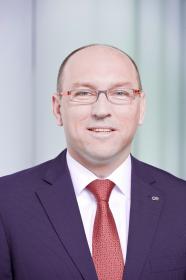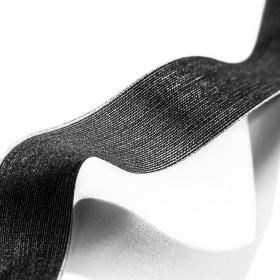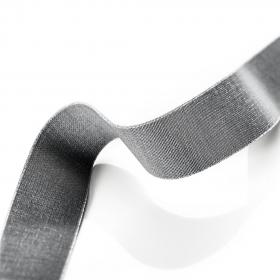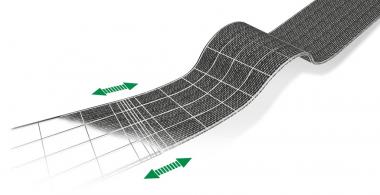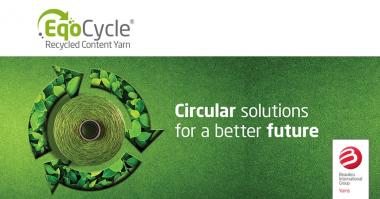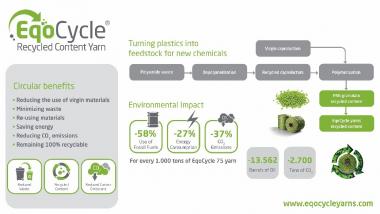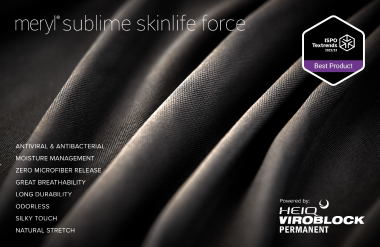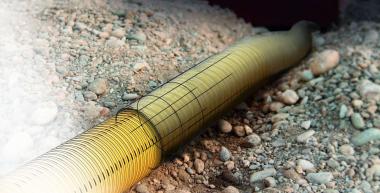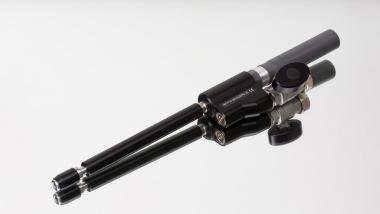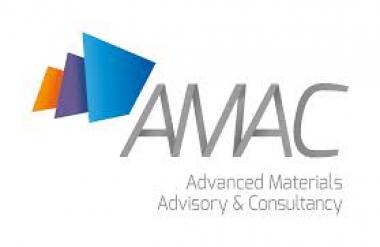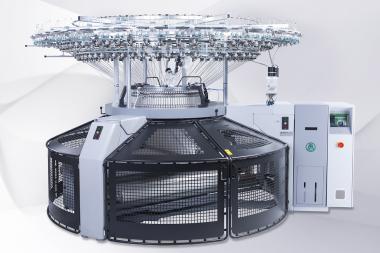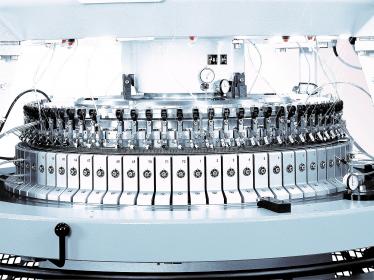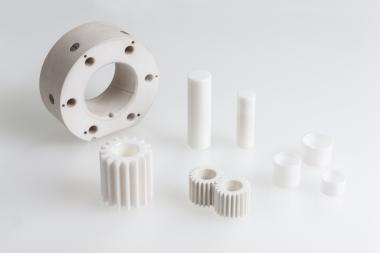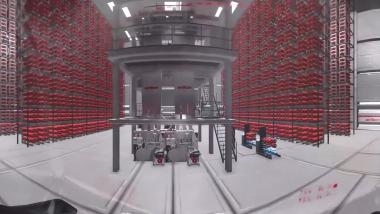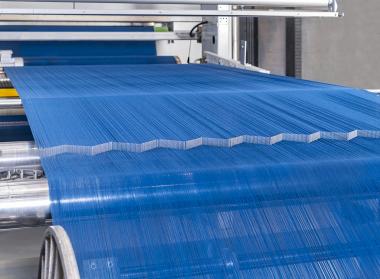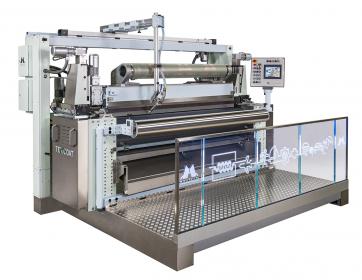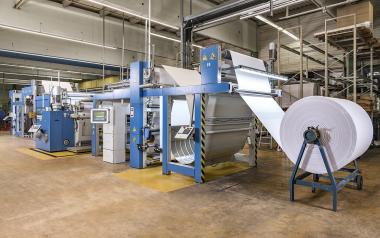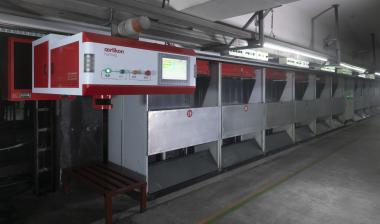Oerlikon with a hybrid trade show concept at ITMA Asia
On the occasion of the VDMA press conference, André Wissenberg, Head of Marketing, Corporate Communications and Public Affairs at Oerlikon Polymer Processing Solutions Division, presented the company's concept for ITMA Asia with the claim: Clean Technology. Smart Factory.
Due to the Corona pandemic, Oerlikon has decided to concentrate with their Chinese sales and service teams on guests primarily from China and greater Asia. However, some experts from Germany, who are working in China at our locations anyway, will be live on site at the booth. Other experts from Germany, India and US will be available online for the entire 5 days of the trade fair and will simply be connected by video conference to the discussion with the visitors on site if there is a need for.
At ITMA Asia 2021, Oerlikon will present the next generation of an automatic texturing solution with up to 25 % energy saving and up to 30 % higher production speed, easy maintenance and best yarn quality. The core of this machine, the socalled EvoCooler, will be shown as an exhibit in combination with digital solutions like AIM4DTY. In the field of high-precision flow control solutions components, the two new gear metering pumps developments for the production of aramid and spandex will be presented as well.


